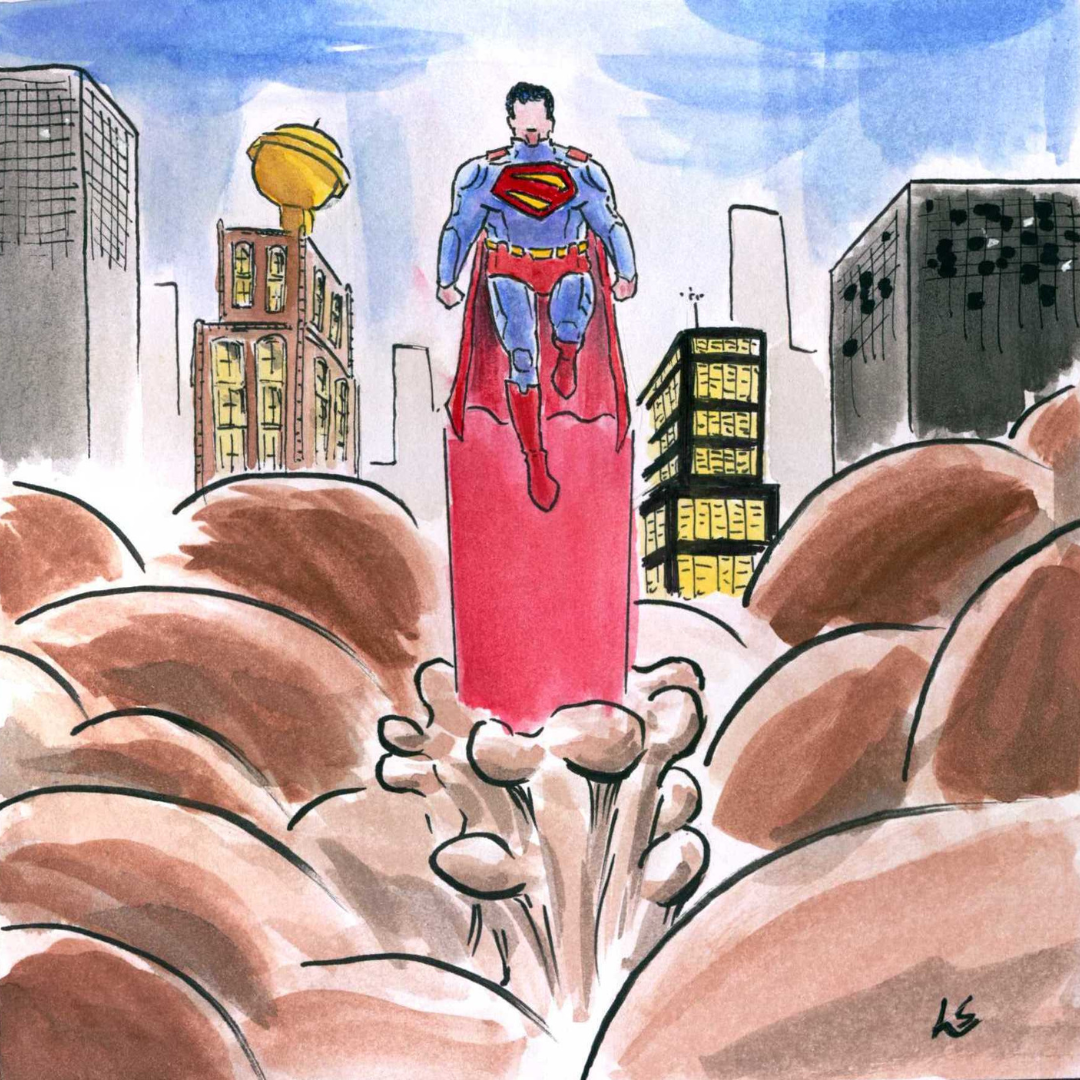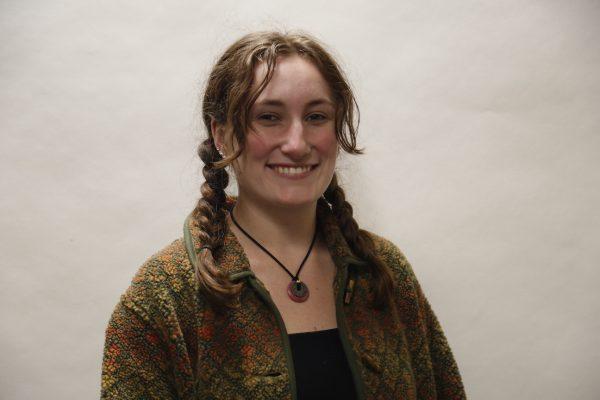St. Joe’s sixth Day of Dialogue, hosted Oct. 22, featured 14 sessions highlighting the short film “In the Visible,” directed by Natasha Lee and produced by Lucia Tran. In the film, members of the Asian American and Pacific Islander (AAPI) community discuss anti-AAPI racism they’ve experienced and dissemble stereotypes.
Film sessions were facilitated by members of the St. Joe’s community who submitted proposals in the months prior.
Amber Abbas, Ph.D., associate professor of history and the director of the Asian Studies Program, co-hosted a session called “Between Hypervisible and Invisible: Asians in America.” Abbas said this session aimed to build conversations surrounding the generalization of the Asian American experience.
“When we’re talking about Asian Americans, we both have to understand these histories of strategic exclusion, but then also the really substantial contributions that Asians and Asian Americans have made to American society,” Abbas said. “Perhaps most importantly, we must get away from the idea that there is an ‘Asian American’ that has a set of predictable characteristics.”
The short film discusses the “model minority myth,” which is the misconstrued notion that Asian Americans are all successful and well-adjusted in American society.
Connor Peterson ’25, who co-hosted the session with Abbas, said this myth is harmful because it diminishes the struggles Asian Americans face.
“The issue with the model minority myth is that, by focusing on only the success stories, it minimizes the challenges of discrimination that Asian Americans face,” Peterson said.
“In The Visible” was selected for this semester’s film sessions because it features Asian Americans sharing their own stories, wrote Jill Welsh, a Day of Dialogue co-chair and director of the Faith-Justice Institute, in response to written questions from The Hawk.
“For all of us who want to learn about an identity, injustice, social condition, etc., that is different from our own, we need to go to sources and people who want to share their story,” Welsh wrote. “We can’t just go to anyone and think we deserve to hear their story.”
Welsh also emphasized the importance of active participation and the creation of a space where the community can engage in discussion freely.
“The hope for the film session and, really, all of the Day of Dialogue sessions, allows our SJU community to better appreciate how we need to take time to listen, learn and dialogue if we want to create a community of belonging,” Welsh wrote.
Abbas said these discussions around stereotypes are especially important for students of St. Joe’s to understand engaged citizenship in a globalized world.
“When we learn to see people, when we learn to be curious about people as individuals instead of as objects represented by a stereotype, it creates opportunity for everyone to grow on every side of that interaction,” Abbas said.















































